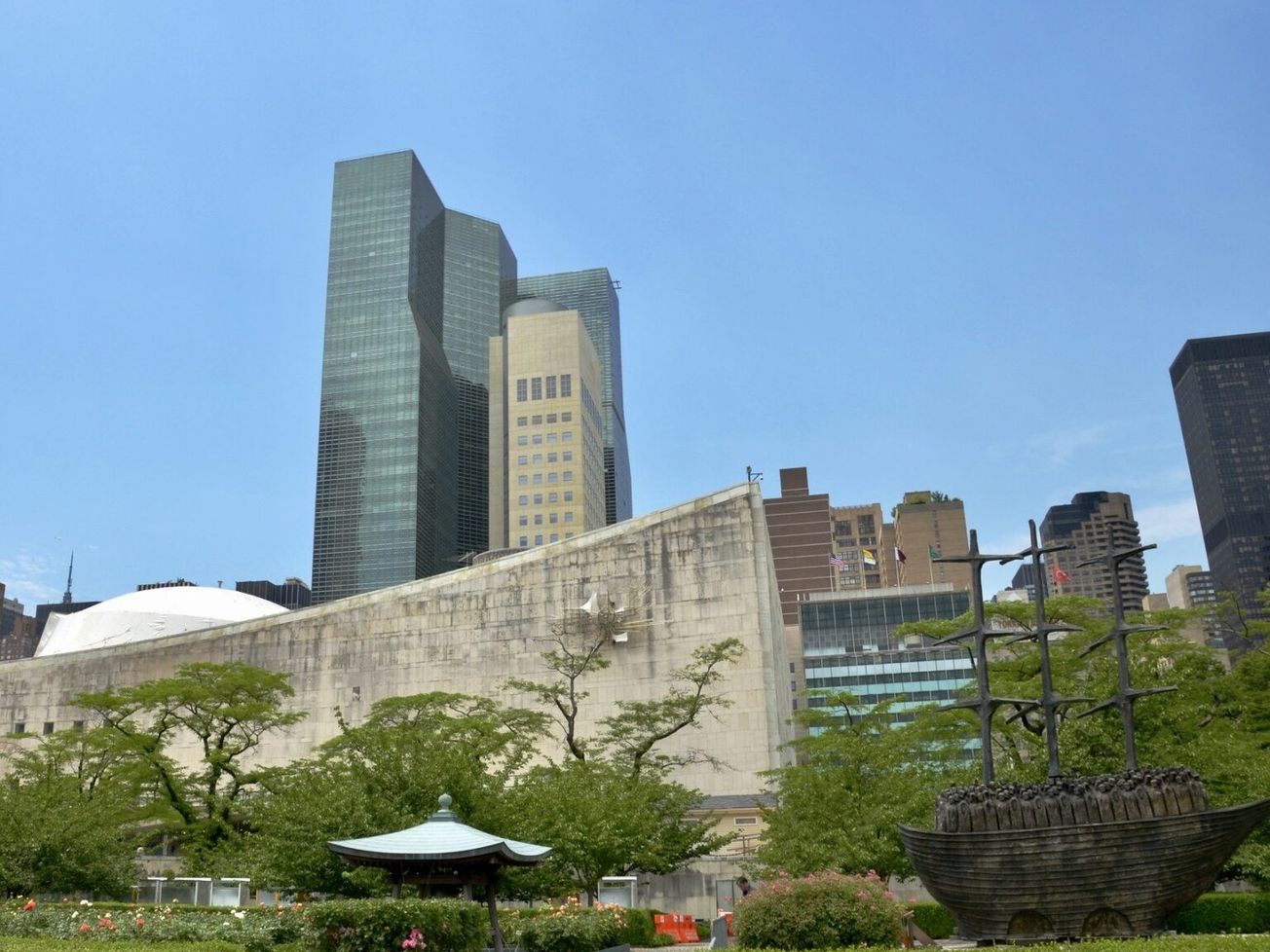UNITED NATIONS (AN) — The U.N. General Assembly opened its first virtual meeting of world leaders and government officials on Tuesday, forced by the coronavirus pandemic to convert its global stage for diplomacy into a ghost village of video conferences and pre-recorded speeches.
Despite being sidelined at home, leaders from 193 U.N. member nations began a meeting that promised to be more cerebral than visceral. Gone were the face-to-face meetings and chance encounters in backrooms, corridors and hotels around the world body's sprawling complex.









